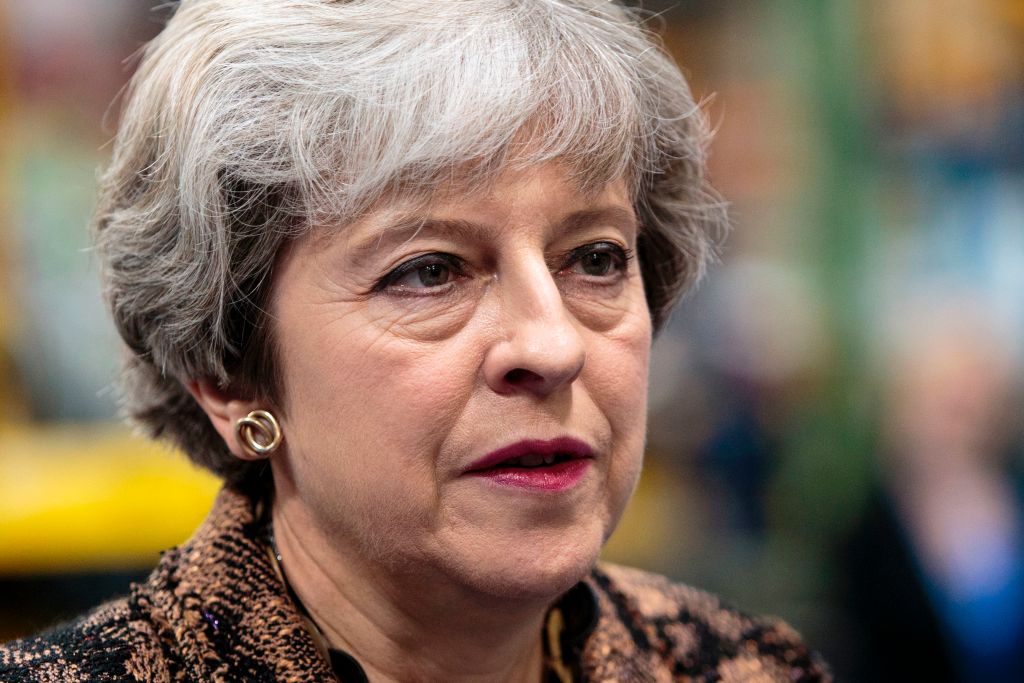A transitional period that offers businesses some time, and some certainty. A financial settlement including a one-off severance payment and possibly ongoing contributions for continuing programmes. A legal arrangement that concedes some sort of role to some sort of European court, and thus concedes that any substantive trade relationship with the EU will involve some sort of sharing of sovereignty.
Today’s government paper on the ECJ is more proof that Theresa May has come a long way from the days of “no deal is better than a bad deal”. The clear message from the UK government positions sketched out this summer is this: we want a deal. We really want a deal. We want a deal so much that we’re prepared to walk back from our previous rhetoric and posturing. Let’s talk.
This was predictable, and predicted. You didn’t need to be an expert in trade policy or EU law to realise that the force of political and economic gravity would eventually bring the wilder Brexiteers’ dreams back down to earth and that HMG would have to accept that Brexit will involve compromises. And that was before a general election that sliced away any claim Mrs May could make to having a mandate for her “my deal or no deal” bravado. What now? What response should Mrs May get for her slow, careful walk back to reality?
Some Brexit-backing Tories, including Jacob Rees-Mogg, are unhappy at what they see as the dilution of the Brexit they’d hoped for. Again, that’s unsurprising. More significant is the degree of acceptance shown by other Leavers, in both politics and the media. So far, there has been no bellowed chorus of “betrayal” from either the European Research Group nor the Brexit-backing papers. One of the most fascinating approaches so far has come from Paul Staines and friends at Guido Fawkes, who seem to be trying to frame the current Government approach as a victory for Leavers’ pragmatism and common sense.
The bottom line is that on the Leave-leaning side of politics, there are signs of a willingness to compromise, to accept and even endorse a UK negotiating position that is, as noted above, significantly different to the one signalled a few months ago.
What about responses on the other side of the fence, among the Remainers? A “sensible & responsible approach putting business before ideology”, says Anna Soubry. “Totally agree. This pragmatic tone & stance should be welcomed,” says Bob Neill, the Tory chair of the Justice Select Committee.
In other words, Tory Remainers are also willing to get behind Mrs May and offer some cover for her retreat. And their Labour counterparts, those Labour figures who (quite reasonably) worry about the impact of the Brexit approach Mrs May had previous signalled? So far, they’re taking a rather different line. Here’s Andrew Adonis of Open Britain:
“This is a climbdown camouflaged in jingoistic rhetoric. Even if we leave the Single Market, European judges will still have considerable power over decisions made in the UK.”
Labour MP Chuka Umunna has meanwhile said that the message today for Leave voters is:
“The terms under which you were sold Brexit are impossible for the Government to deliver”.
In other words, Leave voters should be unhappy about what’s been proposed today. This raises some questions for Open Britain and friends: how do these statements advance your stated aim of a softer Brexit? How does describing Mrs May’s compromises in those terms make those compromises more attractive to the Leave-supporting majority of voters, or make this position easier to sell to Brexit-backing Tories?
It is perfectly possible to go on calling for continued membership of the single market and customs union as your ultimate destination at the same time as welcoming a small step in that direction that still falls short. Instead, some Remainers appear determined to condemn anything that does not fully meet their desired outcome, while goading Leavers into anger over government compromises.
And that strikes me as bad politics, the sort of short-term point-scoring that will do nothing to build the cross-party alliance for a sensible approach to Brexit that might just make the best of this bad job. And let’s be clear, the outlines of that cross-party deal are visible in the current debate, if you look in the right places and listen to the right people.
It would never, I suspect, include the Labour leadership (Oh, how Keir Starmer must yearn to say something sensible and constructive about today’s paper instead of ritually condemning it.) But there seem to be few real obstacles to sensible people in the Labour Party (and the Lib Dems, come to that) giving a little more support to an approach that backs Britain a few steps back from the brink.
The bottom line is that Mrs May could just be starting to stumble, slowly and painfully, in the right direction on Brexit and a significant part of the Conservative Party could just be happy to let her do so. The question for Labour Remainers is whether they want to help her make that journey, or encourage the political forces that could still stop her in her tracks.







Comments